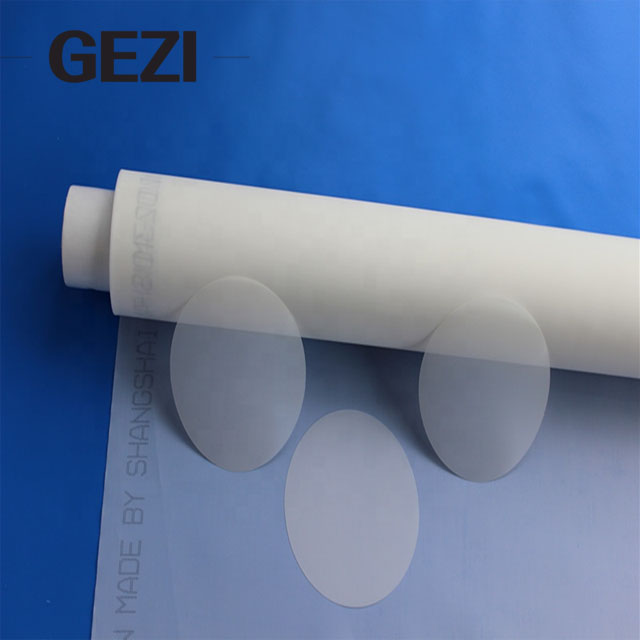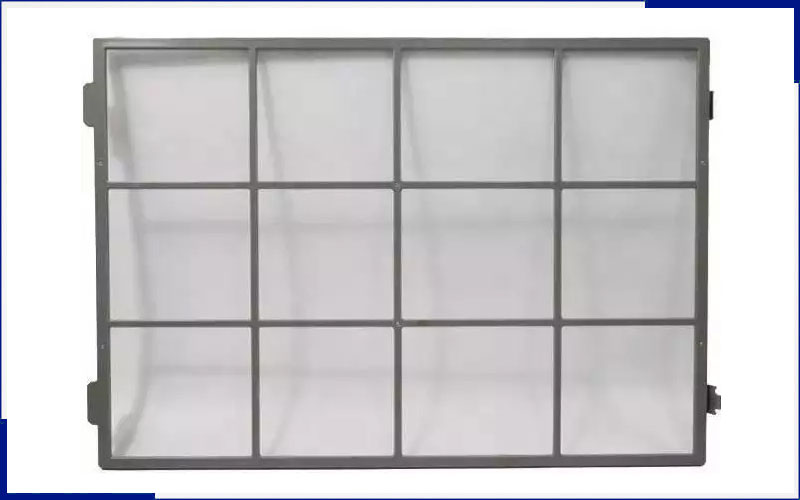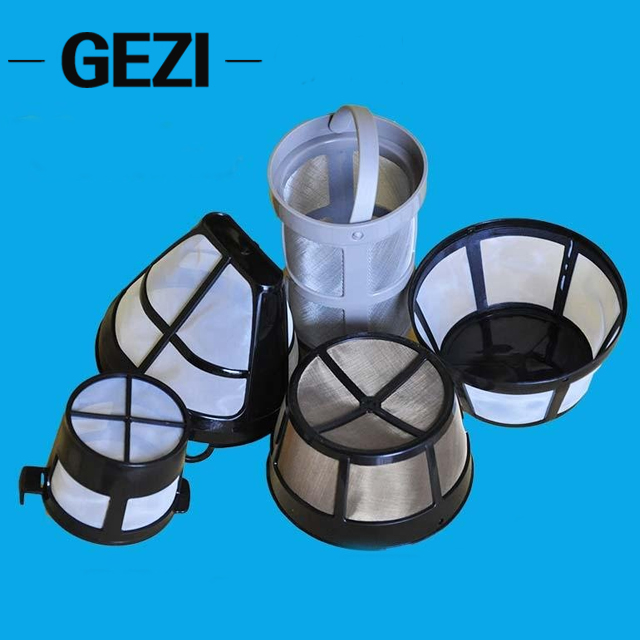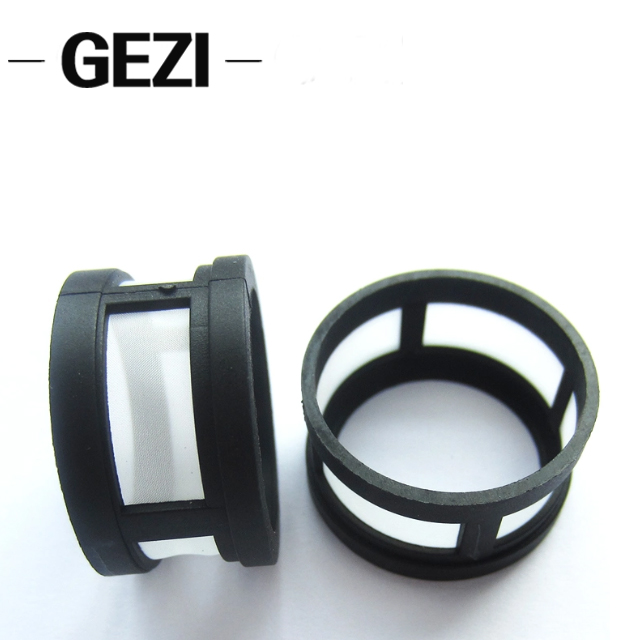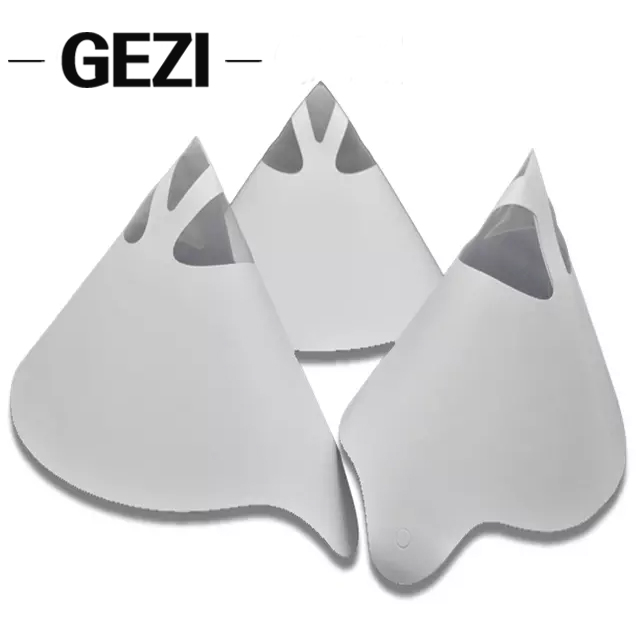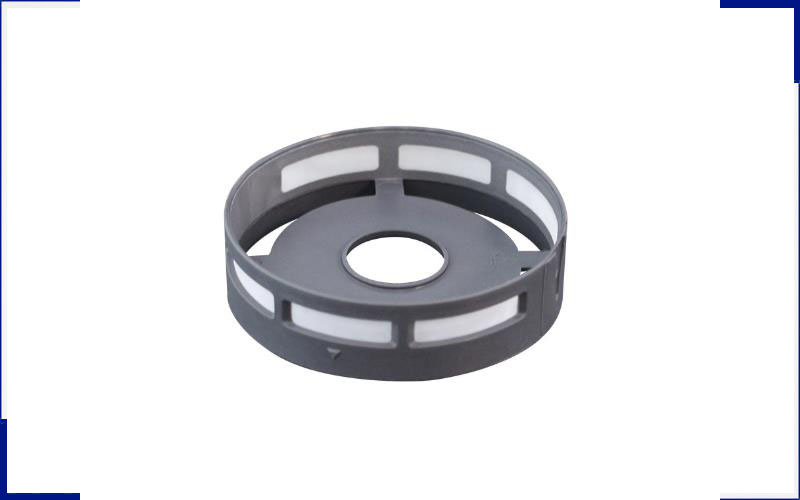Polyester Filter Mesh vs Nylon Filter Cloth Which is the Ideal Choice
1.Polyester Filter Mesh:
Polyester filter mesh is a synthetic material made from polymer fibers known for their strength and durability. These fibers are woven to form a mesh with precise and uniform openings. Here are some key characteristics of polyester filter mesh:
a. High Strength: Polyester is known for its exceptional tensile strength, allowing the filter mesh to withstand high-pressure differentials without breaking or deforming. This makes it suitable for applications where the filtration process requires a sturdy material.
b. Chemical Resistance: Polyester is generally resistant to a wide range of chemicals, making it suitable for filtering aggressive or corrosive substances in various industries.
c. Temperature Resistance: Polyester filter mesh performs well in a broad temperature range, making it suitable for applications that involve both high and low-temperature environments.
d. Moisture Resistance: This material is hydrophobic, meaning it repels water. It is ideal for filtration processes where moisture or humidity is a concern.
e. Cost-Effective: Polyester filter mesh is typically more affordable than nylon, making it a cost-effective option for various filtration applications.
2.Nylon Filter Cloth:
Nylon mesh clothis also a synthetic material made from polyamide fibers. Unlike polyester filter mesh, nylon filter cloth is a non-woven material, usually produced through needle-punching processes. Here are some key characteristics of nylon filter cloth:
a. Flexibility: Nylon filter cloth is known for its flexibility and ability to conform to various shapes and structures. This property makes it ideal for applications where the filter media needs to be draped or molded.
b. Chemical Compatibility: While nylon offers excellent resistance to many chemicals, it may not be as robust as polyester in some aggressive chemical environments.
c. Temperature Limitations: Nylon mesh filter may have limitations in high-temperature applications, as it can melt or deform under prolonged exposure to elevated temperatures.
d. Moisture Absorption: Unlike polyester, nylon has a tendency to absorb moisture, which may be advantageous in certain applications where capturing water or liquids is necessary.
e. Superior Particle Retention: Mesh nylon filter is known for its superior particle retention capabilities, making it suitable for fine filtration tasks.
Choosing the Ideal Filter Material:
The choice between polyester filter mesh and nylon filter cloth depends on the specific requirements of the filtration application. Here are some general guidelines to help you make an informed decision:
1.For applications requiring high tensile strength, chemical resistance, and temperature tolerance, polyester filter mesh is the better choice.
2.If your application demands superior particle retention, flexibility, and moisture absorption, nylon filter mesh might be the more suitable option.
3.Consider the operating conditions, including temperature, pressure differentials, and the nature of the substances being filtered. If unsure, consult with a filtration expert or the material suppliers for guidance.
4.Budget considerations are also essential. Polyester filter mesh generally offers a more cost-effective solution, but nylon may be the better investment for specific applications.
Conclusion: In conclusion, both polyester filter mesh and nylon micron mesh have their strengths and weaknesses. Understanding the requirements of your filtration application is crucial to making the right choice. Whether it's the robustness of polyester or the particle retention capabilities of nylon, selecting the ideal filter material will ensure optimal filtration performance and efficiency. Always consult with experts or material suppliers to make an informed decision that aligns with your unique needs



